
For everyday wellbeing
Boost your team's health and productivity with light. From better sleep to improved focus, our lights are the perfect gift for work or home
FOR A HAPPIER, HEALTHIER TEAM
Helping you get workplace well-being (b)right
FOR THE OFFICE OR WFH
We evaluated the impact of Lumie light therapy for workplace well-being case studies with teams from several companies. Here's what they had to say:
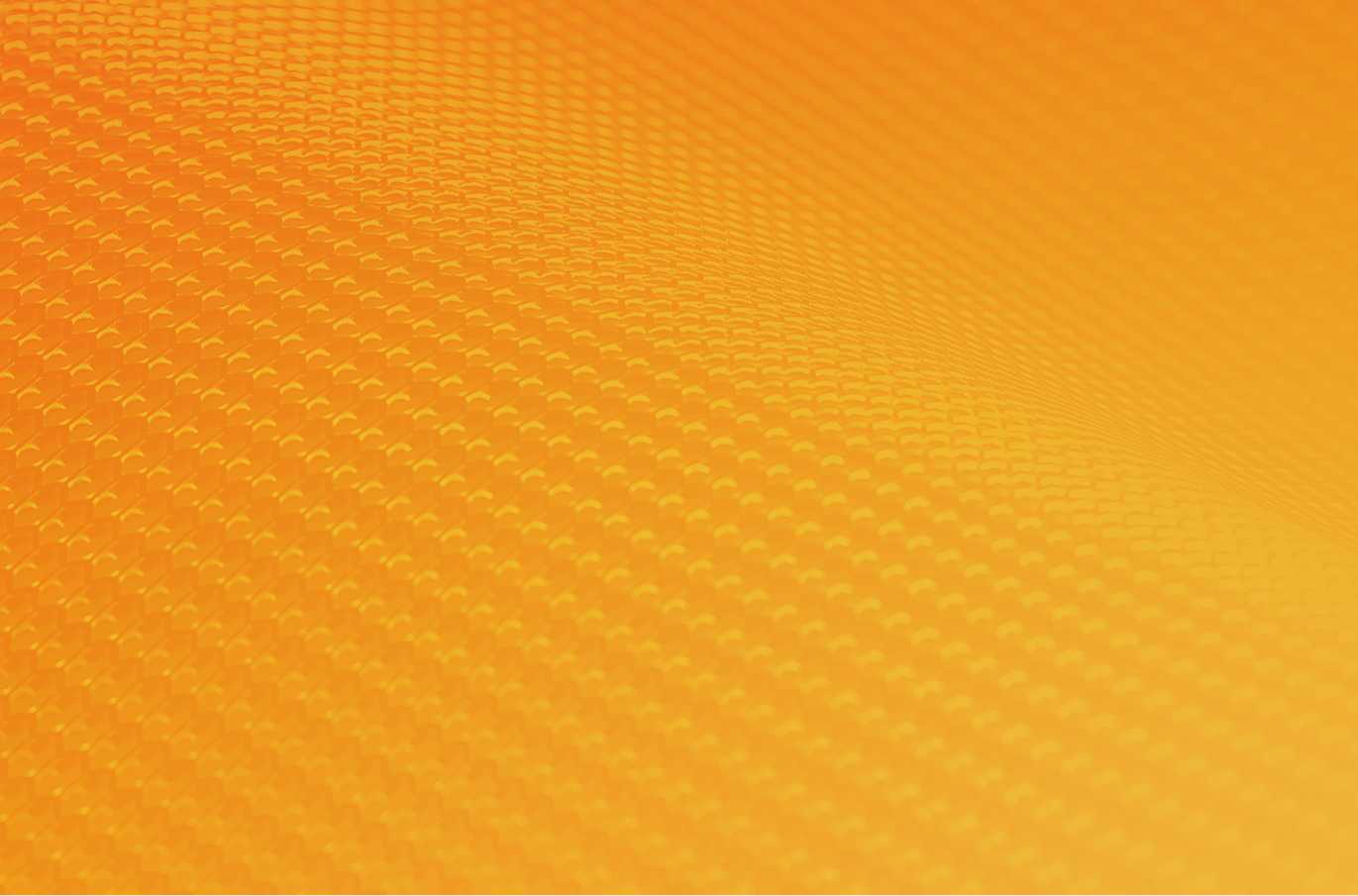
91%
Sharper concentration for better performance
85%
Smoother, more efficient workflows or optimal results.
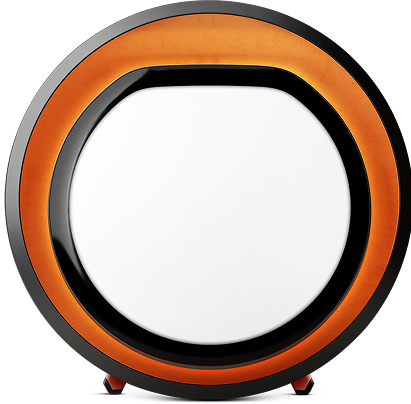
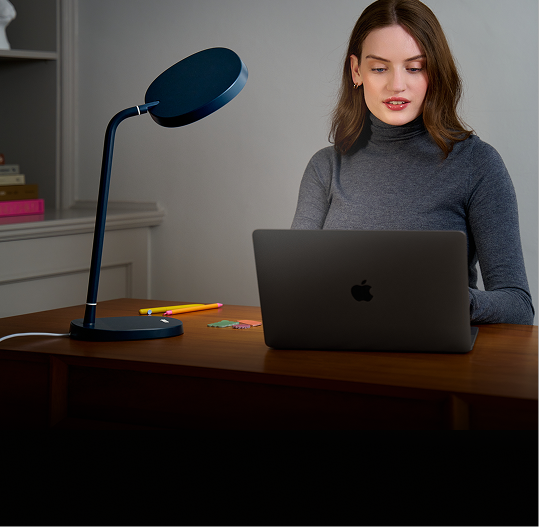
85%
After just 4-5 weeks, users reported a significant boost in energy

88%
A noticeable improvement in positivity and well-being
GET YOUR SET-UP RIGHT
Bright light therapy has been shown to boost alertness, mood, productivity and focus - both immediately and over time.
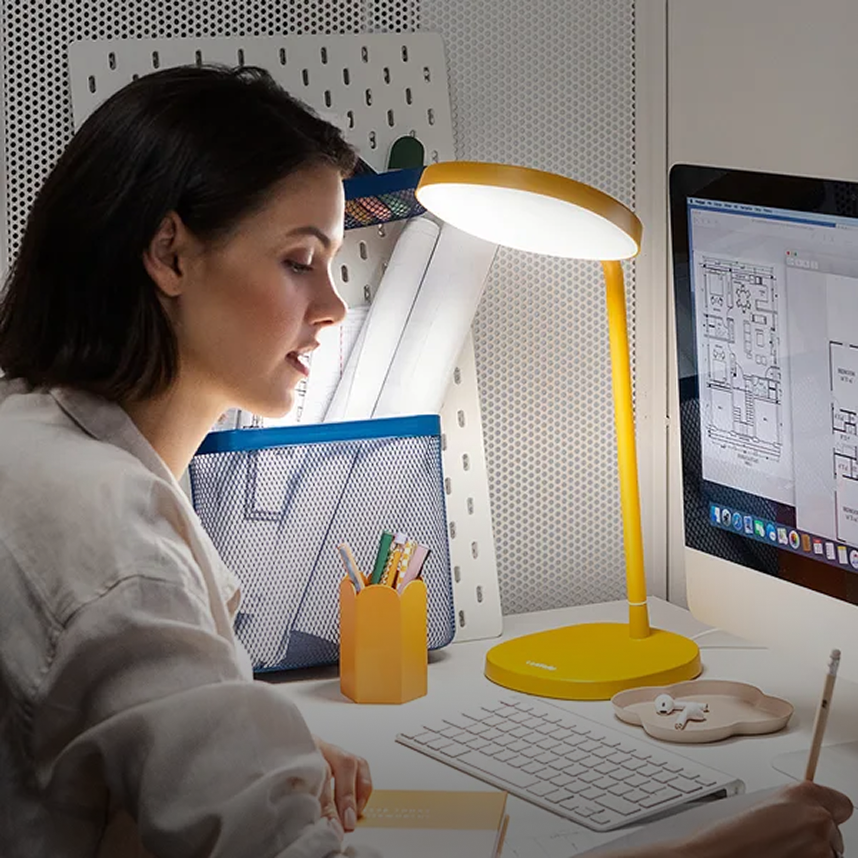

Designed to enhance focus, energy and mood, proven to boost productivity and well-being

Minimises eye strain and offers maximum visual comfort - perfect for long workdays

Featuring adjustable head, neck and stem and customisable light levels

Enhances concentration and reduces fatigue for improved focus and performance

Sleek and compact, our lamps fit any workspace while providing maximum functional lighting

3-year warranty on all lamps - top build quality and advanced engineering
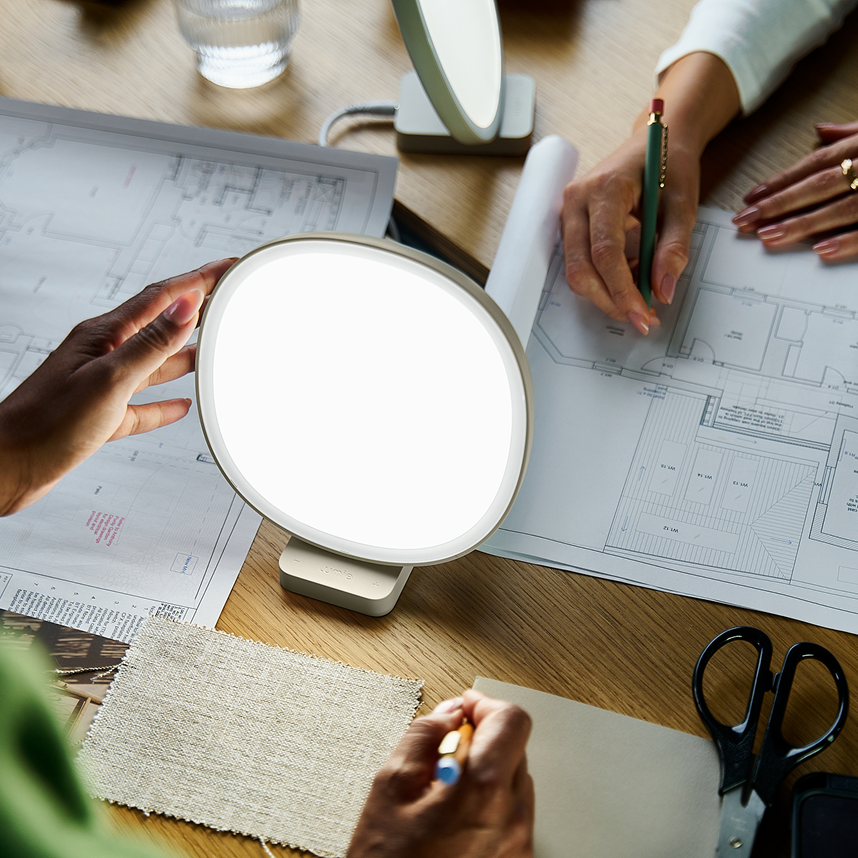
Bright light therapy has been shown to boost alertness, mood, productivity and focus - both immediately and over time.
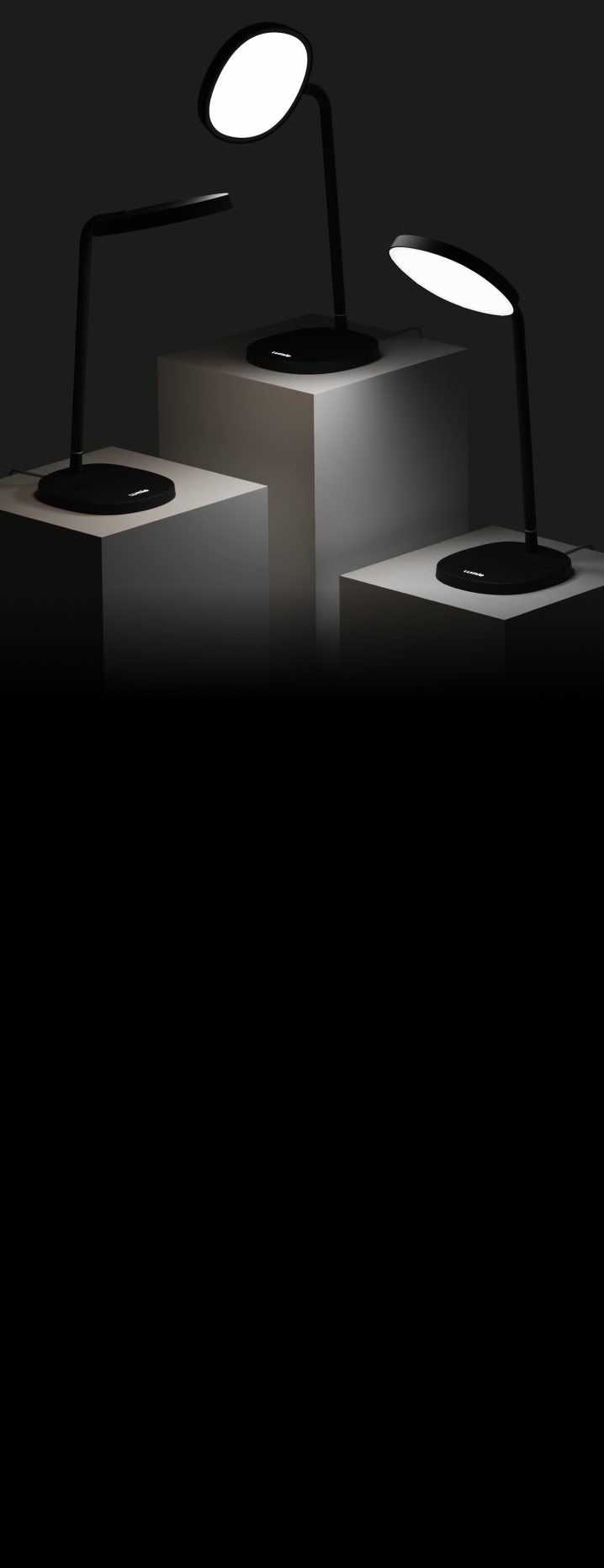
Unlock our office lighting and corporate gifting offers
when you spend
£1,000 – £2,500
when you spend
£2,500 – £5,000
when you spend over
£5,000
Discount automatically applied at checkout.
Offers cannot be combined. T&Cs apply.
BULK DEALS
DELIGHT & IMPRESS
Make a bright impression with our light therapy and wake-up lamps. They promote healthy sleep, elevate mood, and boost energy — an unforgettable, sought-after and beautifully designed corporate gift backed by science and loved by thousands

Boost your team's health and productivity with light. From better sleep to improved focus, our lights are the perfect gift for work or home

We make gifting easy with smooth processes, tailored solutions, and timely delivery to meet your needs.

Leave a lasting impression with our durable, high-quality lights backed by an industry-leading warranty

Lumie lights are trusted by major brands and thousands globally, delivering proven well-being benefits for employees everywhere.
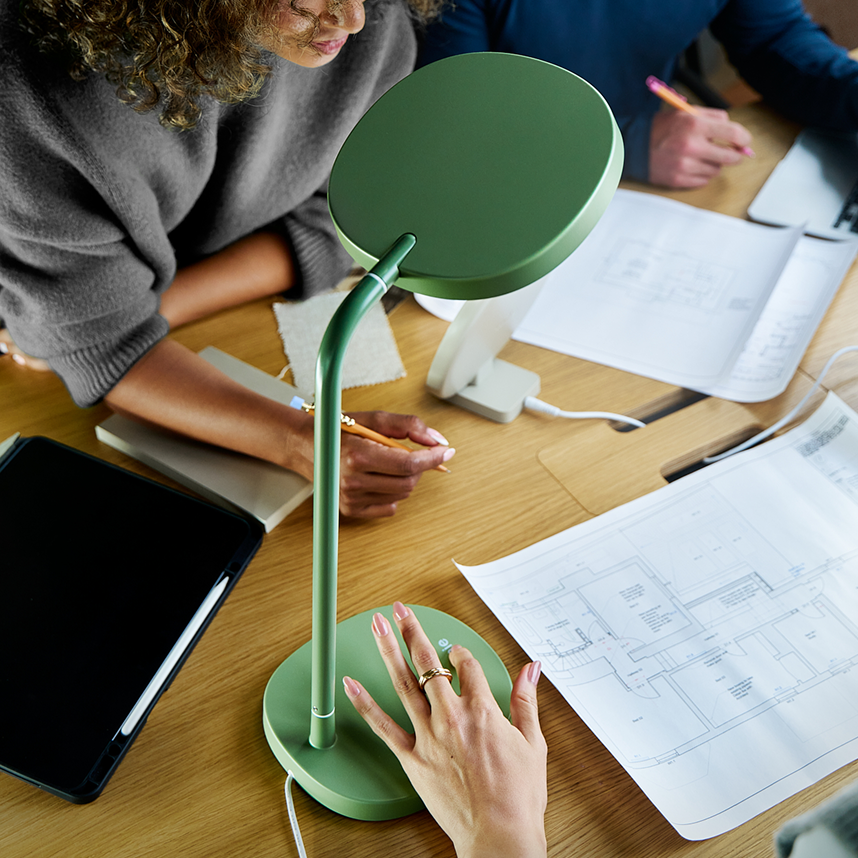
Mimicking the uplifting properties of the summer sun, our lights provide bright light therapy that boosts mood, energy and combats the winter blues. Perfect for enhancing well-being, especially in colder months, these lamps are a game-changer for any workspace or home office.
Discover BRIGHT light therapy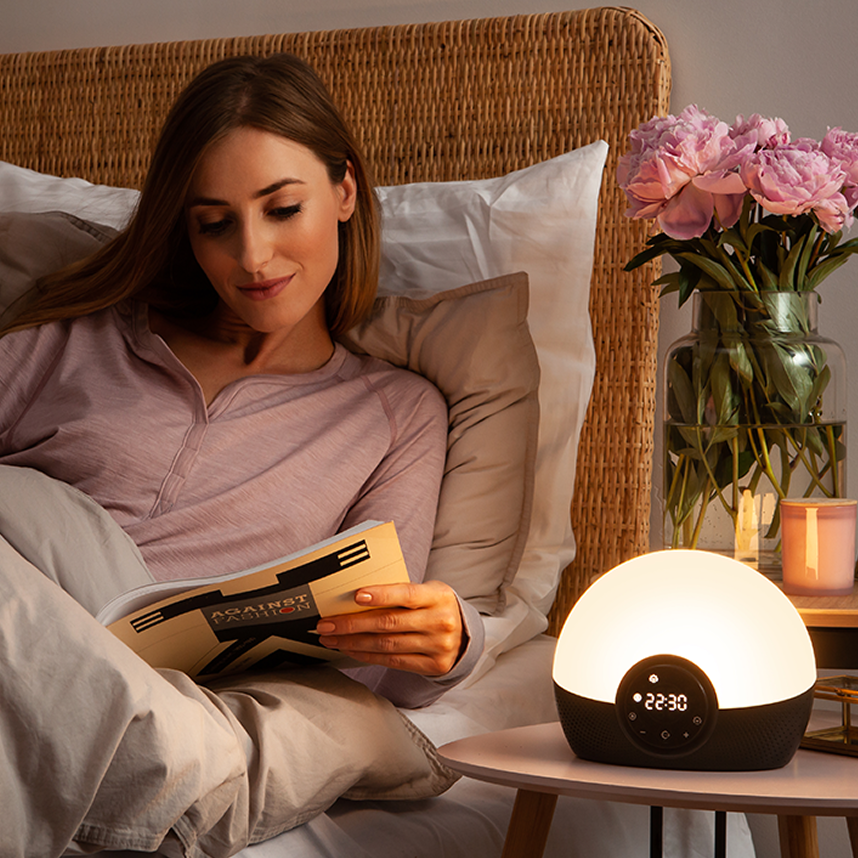
Bring the power of a natural sunrise to your team's mornings! Gradually brightening for a gentle wake-up call, these lights help everyone feel energised and ready to start the day. Ideal for those who find mornings tough or need a boost during the winter months, our wake-up lights are the perfect corporate gift.
Discover WAKE-UP lightsWe helped people behind these brands
The process was transparent, smooth, and timely from the first point of enquiry to the final stage of delivery.
We worked with Lumie to fulfil a corporate Christmas gifting request from a major retail employer for their 12,000 staff. The client and its staff were absolutely delighted with the product. Lumie were flexible and fair in meeting our and the client's delivery and packaging requirements, and most of all were able to fulfil our request with very little notice.
Outstanding service and exceptional product quality that exceeded our expectations.
The team at Lumie provided exceptional support throughout our corporate wellness initiative. The light therapy solutions were perfect for our remote workers, helping them maintain energy and focus. The feedback from our employees has been overwhelmingly positive, with many reporting improved productivity and better sleep patterns.
Want your team to shine at its brightest? We're here to help – share your info below and let's make it happen together!